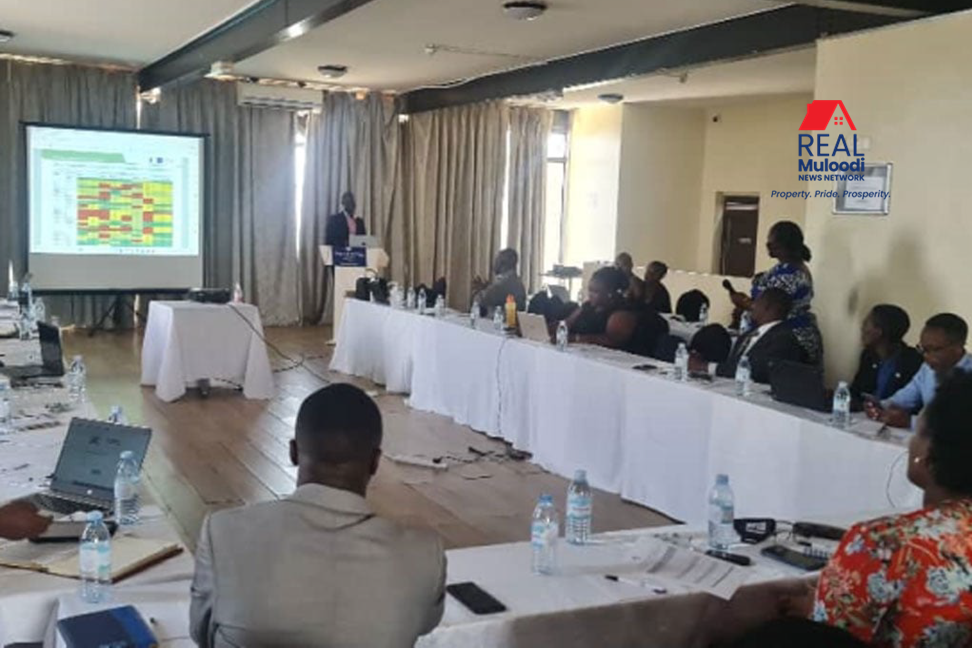UGANDA, Kampala | Real Muloodi News | The implementation of the Investor Compliance Monitoring Tool (ICMT) has highlighted the detrimental impact of the Mailo tenure system on investor-community relations in central Uganda.
Under the Responsible Governance of Investments in Land (RGIL) project, the ICMT reveals that the central region experiences significant conflicts between investors and communities due to the acquisition of land from landlords without the involvement of tenants.
During a status update presentation in Kampala, Richard Katende, the Monitoring and Evaluation Officer at GIZ’s RGIL project, emphasised how the strained relationship between landlords and genuine tenants hampers the acceptance and success of investments in communities.
Many landlords and tenants lack awareness of their rights, leading to resistance and conflicts when investors are approved by landlords but face opposition from the community.
In some cases, investors resort to using their financial influence, exacerbating tensions. Consequently, investors may be reluctant to bring their ventures to areas where their investments are deemed unsafe, primarily due to flaws in the land tenure system.
The ICMT was developed three years ago as part of the Participatory Ecological Land Use Management (PELUM) project in collaboration with GIZ.
It aims to promote responsible governance of investments in land in Uganda. GIZ and PELUM are implementing the tool in partnership with various government agencies, including the Ministry of Local Government, Lands and Urban Development, and the Ministry of Agriculture, Animal Industry, and Fisheries.
The ICMT assesses investors’ compliance in crucial areas such as land acquisition, food security, water management, documentation, and gender inclusion.
Currently, the ICMT is being implemented in several districts, including Mubende, Kasanda, and Gomba in central Uganda, Soroti and Kapelbyong in the eastern region, and Dokolo in the Acholi Sub-region.
Richard Katende reported that over the past three years, 102 investors across all districts have been assessed, with Soroti standing out for its exceptional compliance in all areas.
Moses Onen, the Advocacy Officer at Pelum Uganda, emphasised the need for a performance tool like the ICMT to curb investor abuses, particularly in the agricultural sector.
Commercial investments in agriculture and forestry are exerting increasing pressure on land resources, leading to potential loss of access, conflicts, and forced evictions.
These challenges hinder inclusive and sustainable development pathways. While commitments have been made to ensure sound land governance, there are still significant obstacles to its effective implementation.
Chariton Namuwoza, the Executive Director of the National Organic Agricultural Movement of Uganda (NOGAMU), praised the growing utility of the ICMT in evaluating investors, especially those involved in agriculture.
The tool provides valuable insights to assess and address the rights abuses experienced by communities affected by commercial investments.
READ MORE LIKE THIS:



